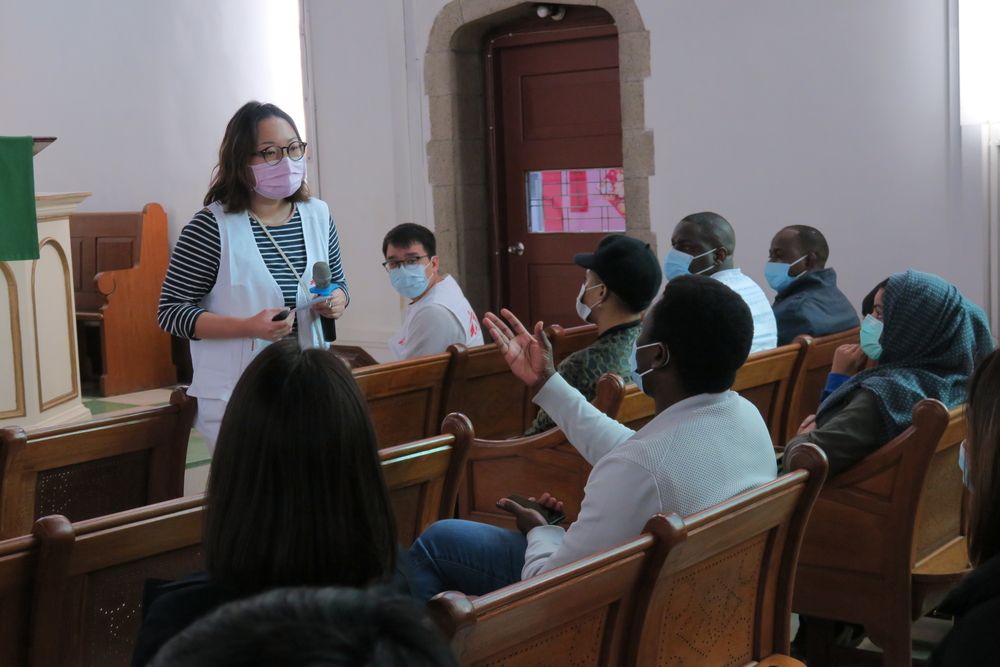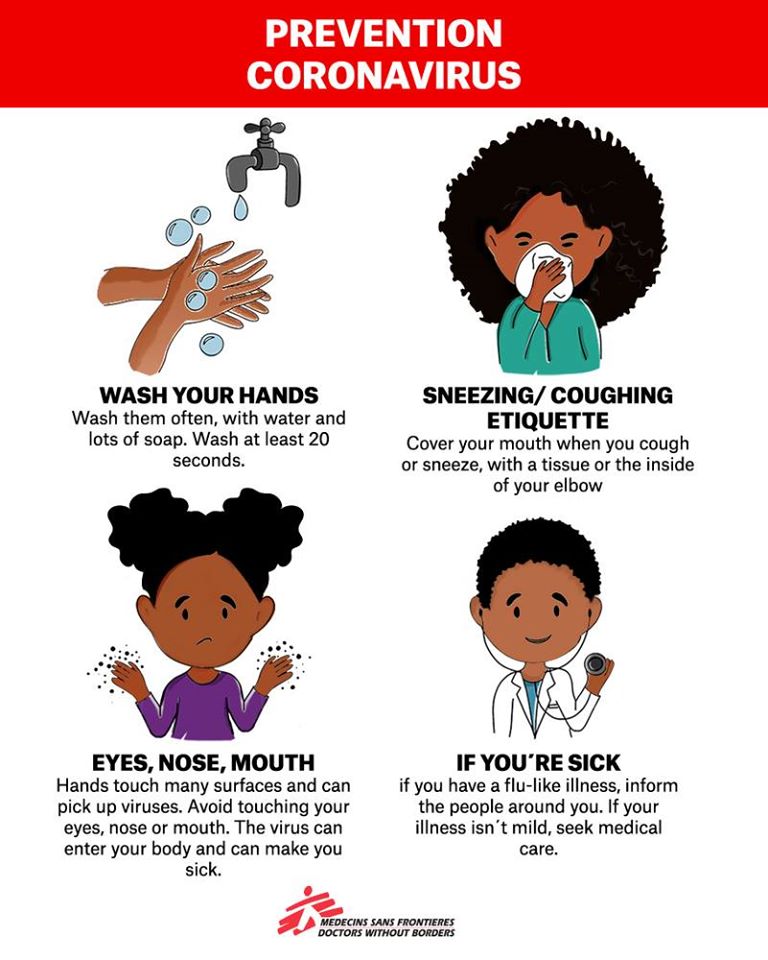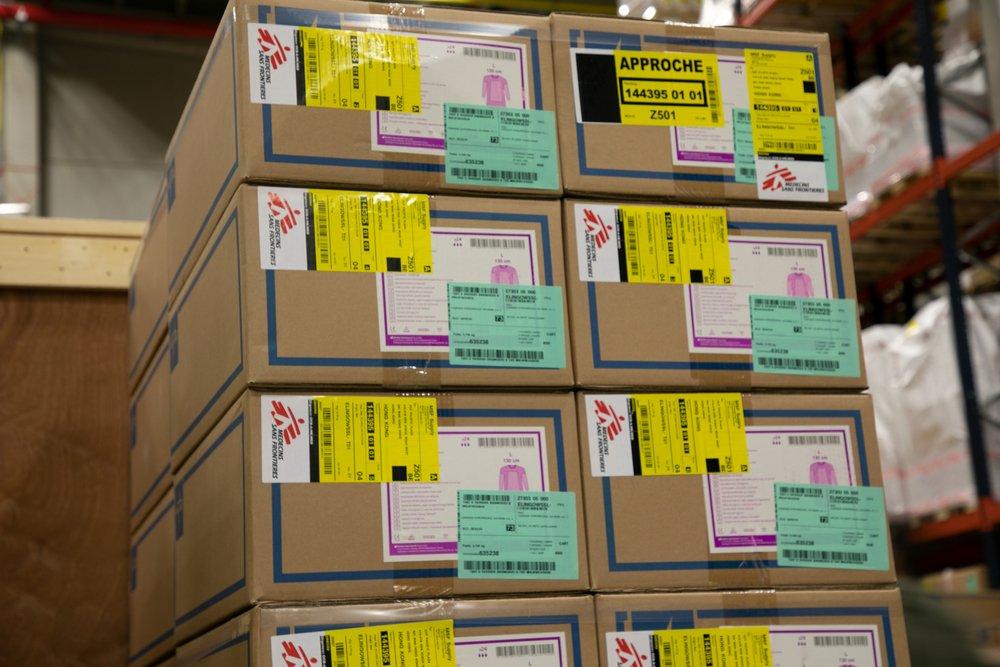
While the reported number of cases outside of China is relatively low, preparations to limit the further spread of SARS-CoV-2, the virus which causes the coronavirus disease (COVID-19), is essential.
Dr Tankred Stoebe, the MSF emergency coordinator, is currently travelling across Southeast Asia to assess how Doctors Without Borders (MSF) can support health authorities and health facilities prepare for potential outbreaks of COVID-19.
He describes his observations with a focus on patient vulnerability and simple control measures, which make a large difference.
Read: MSF's response to coronavirus outbreak
Patient vulnerability
In countries where MSF is operational, our patients are of particular concern. It’s important to keep in mind that eight out of ten people infected with coronavirus only face a mild course or may not even notice it at all.
Patients with already weakened immune systems, however, are likely to be more vulnerable to a severe course of coronavirus. We are already speaking to our patients, such as our Hepatitis C patients in Cambodia, what symptoms to look out for in order to provide them with accurate information and to help alleviate their fears.

Simple control measures make a big difference
Lower middle-income countries like Cambodia or Laos have under-resourced health systems. They struggle to provide services to their populations even without the threat of a COVID-19 outbreak.
If a major epidemic occurs, these health systems could collapse. Precautions and preparation are critical at this stage to avoid healthcare facilities contributing to the spread of the disease.

I have seen that even simple disease control mechanisms are not yet in place. We are assessing the existing capabilities and might provide support to countries to develop their preparedness and response.
The most important step is to identify and separate suspected cases of coronavirus from other patients arriving at a hospital or any other health facility. You do this by establishing one entry point to a health facility in order to ask people arriving whether they have any symptoms.
If they confirm having any symptoms, they should be taken to a separate, dedicated space to be tested and treated if the test confirms the infection. While this is a simple measure, the fact that it’s not in place shows that the health systems need support.
I’ve attended a conference bringing together hospital staff for training on such precautions. We might need to work with the health authorities to implement training and put in place specific disease control measures within health facilities.
There’s a lot to be done and we need to use every minute we have to increase the preparedness to fend off an outbreak. I hope in the countries with fewer cases that the SARS-CoV-2 virus can be quickly contained. At the same time, I hope we can help other countries sufficiently prepare before the virus reaches their country.”
Watch this video: Nurse Karin Huster, MSF Field Coordinator in Hong Kong explains how our teams are responding to the coronavirus outbreak.
Read about MSF's activities in China.
